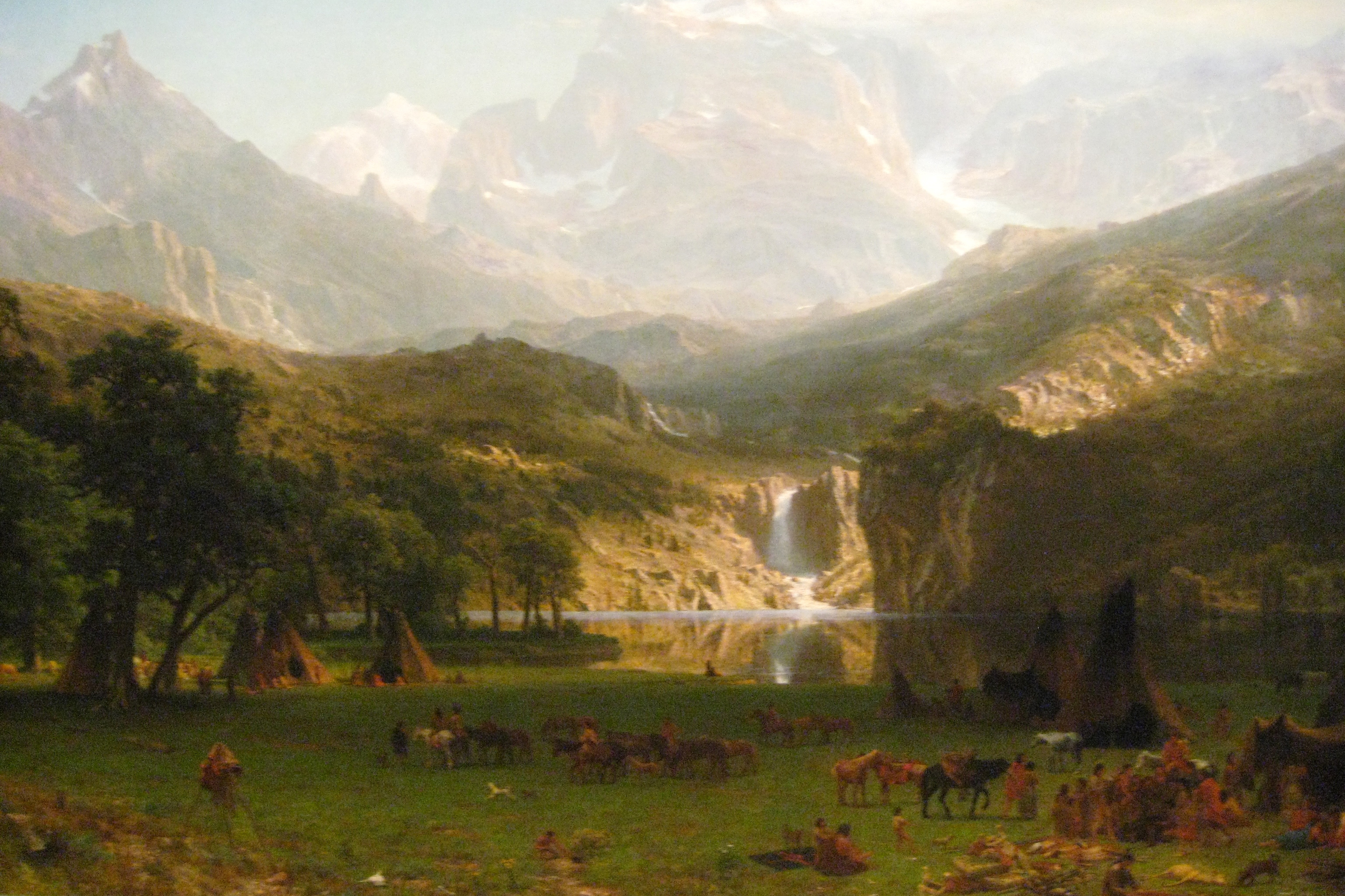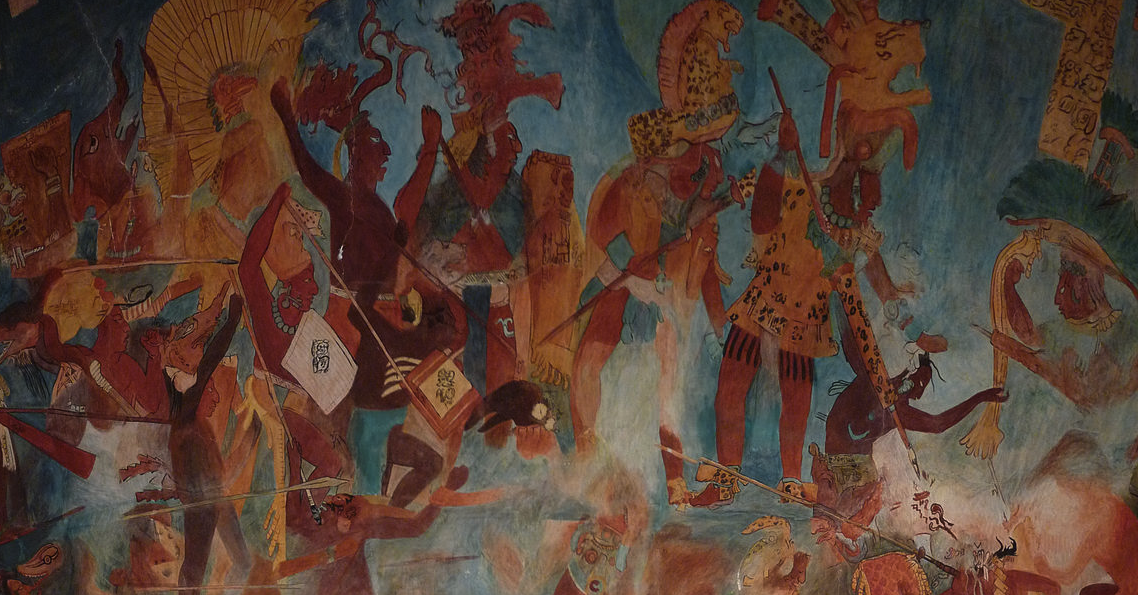
Few articles have adequately examined Hamas’ motivations for going to war and the political obstacles it faced, but Nathan Thrall does it excellently in the London Review of Books. Also on Gaza: how Israel interprets international humanitarian law, and in turn, how that interpretation affects its military tactics. Slate has a similar article on the circumstances that led to hundreds of dead Palestinian civilians. On that same topic, Amanda Taub examines whether Israel violated international law, writing, “As is so often the case with Israel-Palestine, the answers, to the extent that there are answers, are probably not going to fully satisfy either side”. As Taub alludes to, conversations on Israel and Palestine are extremely polarized. This fascinating post looks at how social networks’ algorithms contribute to the literal disconnect between activists on both sides.
In a somewhat similar vein to the article above, Micah Zenko has a smart take on how modern media produces threat inflation.
This week, dozens of African leaders arrived in Washington for the U.S.-Africa Leaders’ Summit. The Summit was not slated to focus on governments’ human rights record, and as Amelia M. Wolf argues, this is a long-term problem. Gordon Adams takes the Summit as an opportunity to bemoan the negative affects of the United States’ focus on security assistance, as opposed to other forms of aid, in Africa.
A bizarre, and yet informative account of the kidnapping of two Christian nuns in Iraq shows the complicated relationship between the Islamic State and Iraq’s Christian community. On the subject of the Islamic State, veteran correspondent Patrick Cockburn sees its advance as fairly inevitable, as the group gains military victories and strengthens its political position among allies. Alternatively, J. Dana Stuster and Ellen Noble argue that the Islamic State’s insistence on a harsh version of Sharia will lead to resistance and ultimate failure. Finally, Hayes Brown takes at look at the increasingly desperate situation of up to 40,000 Yazidi Kurds, who face the terrible choice of dying of thirst on a remote mountainside or at the hands of Islamic State fighters.
Writing a constitution in a restive Libya is hard enough, but as Lorianne Updike Toler argues, an undue inclination to look backward to the 1951 constitution impedes the process further. On the topic of democratization, Milan Svolik writes in the Monkey Cage that while the risk of military coups decreases as democracies age, the risk of abuses of power by executives does not.
Following up on Alex DeWaal’s work on the “political marketplace”, a proactive article at Reinventing Peace promotes the idea of viewing the decisions of political leaders through a business lens.







1 comment
Wouldn’t it be more beneficial to your readers if you posted links to actual experts on international law, rather than the guy who “writes about politics, science, technology, and other stuff for Slate”, or the others who don’t seem to have any relevant expertise?